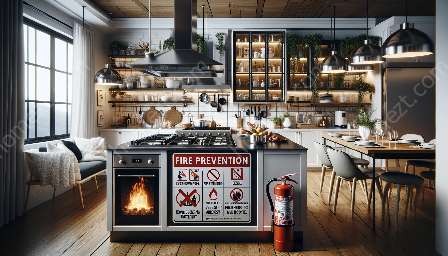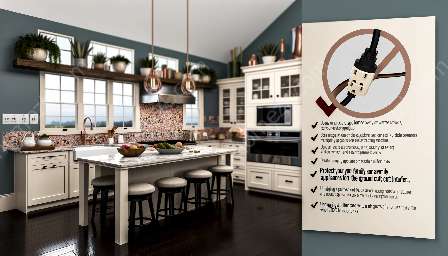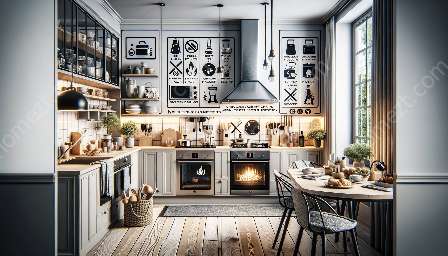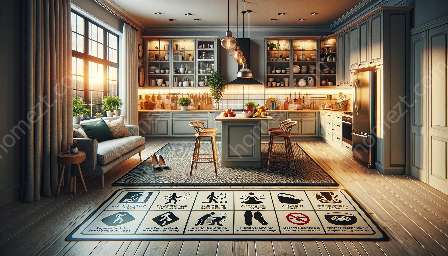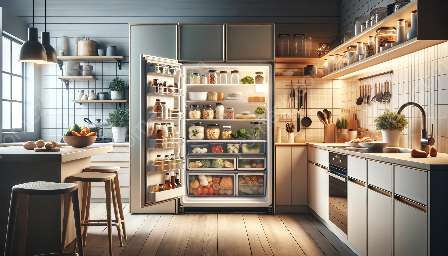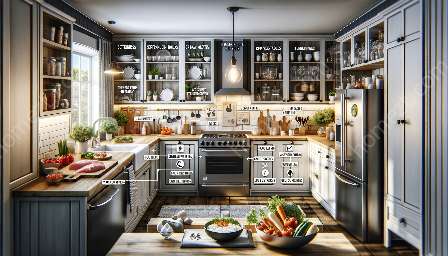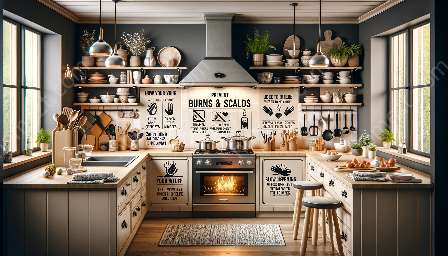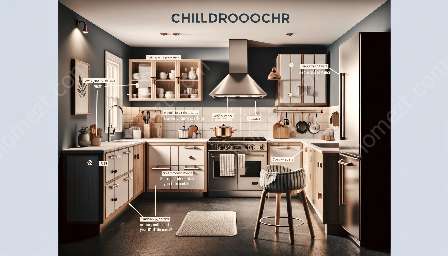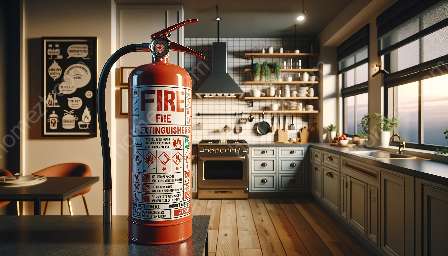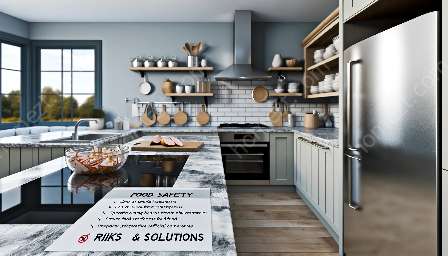Electrical safety in the kitchen is essential to prevent accidents and ensure a safe environment for cooking and dining. It's important to understand the potential electrical hazards and implement safety measures to protect yourself, your family, and your home.
Kitchen Safety and Electrical Hazards
When considering kitchen safety, it's crucial to address electrical hazards, such as faulty wiring, overloaded circuits, and misuse of electrical appliances. These hazards can lead to electrical shocks, fires, and other accidents if not properly managed.
Understanding Electrical Safety
Proper electrical safety starts with understanding the basics of electrical systems in the kitchen. This includes knowledge of circuit breakers, grounding, and the safe use of electrical outlets and appliances.
Ensuring Proper Wiring
One of the key aspects of electrical safety is ensuring that the kitchen's wiring is up to code and properly installed. Faulty wiring can lead to electrical fires and other safety hazards. It's important to have a licensed electrician inspect and maintain the kitchen's electrical system regularly.
Safe Use of Electrical Appliances
Using electrical appliances safely is crucial for preventing accidents in the kitchen. This includes proper maintenance of appliances, avoiding overloading outlets, and using GFCI (Ground Fault Circuit Interrupter) outlets near water sources to prevent electrical shocks.
Preventing Overloaded Circuits
Overloaded circuits can lead to electrical fires and pose a significant safety risk. Be mindful of the number of appliances plugged into a circuit and avoid overloading it. Consider using surge protectors to help manage electrical loads.
Practicing Electrical Safety in the Kitchen
It's important to implement safe practices in the kitchen to minimize electrical hazards. This includes keeping electrical cords away from water sources, using appliances as per their intended purpose, and unplugging appliances when not in use.
Adhering to Safety Standards
Following national and local electrical safety standards is essential to ensure the highest level of safety in the kitchen. This may include using certified appliances, employing professional electricians for installations, and complying with building codes.
Conclusion
Electrical safety in the kitchen is vital for creating a secure environment for cooking and dining. By understanding and addressing potential electrical hazards, ensuring proper wiring and appliance usage, and adhering to safety standards, you can help protect yourself and your family from avoidable accidents and dangers in the kitchen.

